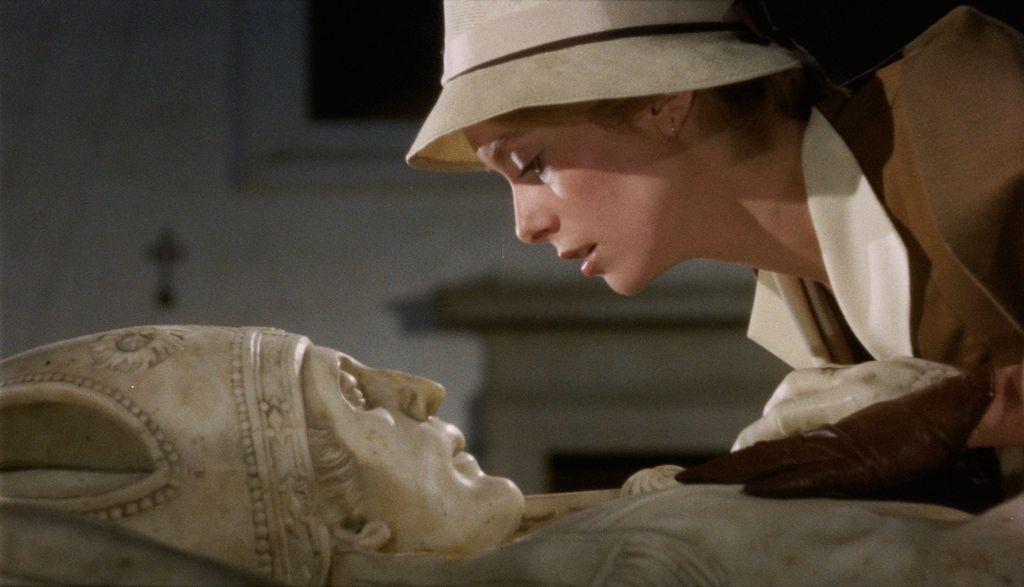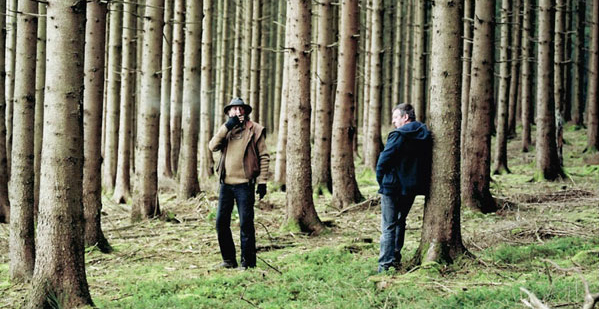If you missed our fourth anniversary event in London this January, never fear! Our newest podcast episode brings you highlights from the evening. Listen to Adam Thirlwell, Daniel Hahn, Stefan Tobler and Deborah Smith discuss books they love, translation pitfalls they avoid, and the meaning of the German euphemism “to shake the coconut from the palm tree.”
Podcast: Play in new window
| Download
Subscribe: iTunes
| Android
|
About the speakers:
Stefan Tobler is the publisher at And Other Stories, a young publishing house whose titles include the Booker Prize shortlisted Swimming Home by Deborah Levy and much literature in translation, including the Latin American authors Juan Pablo Villalobos, Iosi Havilio, Carlos Gamerro, Haroldo Conti, Yuri Herrera, Rodrigo de Souza Leão and Paulo Scott. He is a literary translator from Portuguese and German. Recent translations include All Dogs are Blue by Rodrigo de Souza Leão, Água Viva by Clarice Lispector and Silence River by Antônio Moura. @stefantobler and @andothertweets
Adam Thirlwell’s new novel, Lurid & Cute, was published in January 2015. He has written two novels, a novella, and a project with translations that includes an essay-book and an anthology edited for McSweeney’s. He has twice been selected as one of Granta’s Best of Young British Novelists. His work has been translated into 30 languages.
Daniel Hahn is a writer, editor and translator (from Portuguese, Spanish and French) with some forty books to his name. His work has won both the Independent Foreign Fiction Prize and the Blue Peter Book Award. He is currently chair of the Society of Authors and on the judging panel for the 2015 IMPAC Dublin Award.
Deborah Smith (@londonkoreanist) is the translator of The Vegetarian by Han Kang (Portobello Books, 2015). She has also translated The Essayist’s Desk and The Low Hills of Seoul by Bae Suah. She is currently in the final year of a Korean literature PhD at SOAS, and is setting up a non-profit publishing company which will publish translations from Asian and African languages, after apprenticing with And Other Stories.
READ MORE…



